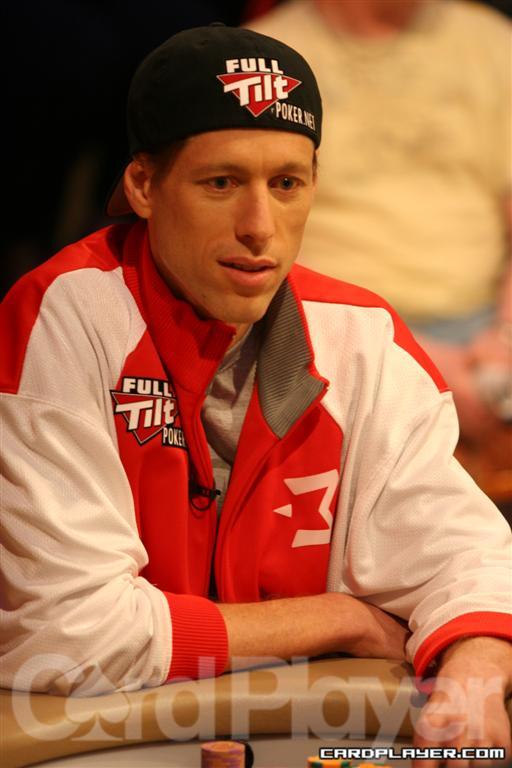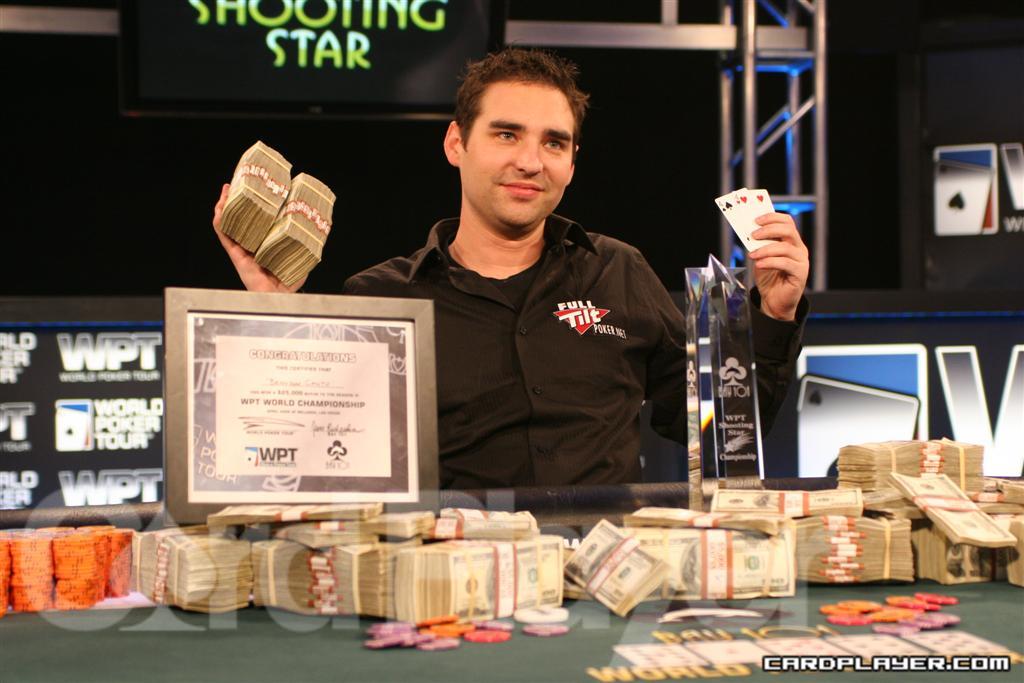






Tipping in Poker Tournaments -- Part IWhat is Already Being Taken Out and What is an Appropriate Toke |
|
|
“Right now, when it comes to tipping, it is a gray area with a capital G,” said World Series of Poker Media Director Nolan Dalla.
By definition, a tip is an optional payment given in addition to a required payment, usually to express appreciation for excellent service. It is also called gratuity, or, in poker terms, it is referred to as a toke. With the rise in popularity of big buy-in multitable tournaments, the landscape of the game has changed. Instead of a rotation of five or six dealers, events can require hundreds of them who rely on tips for most of their income.
In the past decade or so, it has become common practice that a certain percentage of the prize pool be withheld for dealers on top of the house cut. This has become a controversial topic among players and dealers alike. Tips have traditionally been considered an “optional payment,” so now that they are being automatically taken out of the prize pool, it has led to some confusion, disgruntled players, and stiffed dealers.

Seed says that he is an average tipper who always does so when he cashes in a tournament. The amount he gives depends on his experience and the amount of money he wins.
“We have had final tables where no one tipped,” said Dalla. “This is somewhat demoralizing. You have got to have some guarantees. You can’t have dealers essentially gambling on whether they will be compensated.”
Standard Practice?
Most players say that they tip anywhere from 1 percent to 4 percent of what they win, and usually more toward the bottom of this range if money has already been allocated for dealer tips. Information on what percentage of the prize pool is withheld for dealer tips can usually be found at the bottom of any tournament structure sheet in small print. Nearly all big buy-in events, including the recent Wynn Classic and most WSOP Circuit events, take out 3 percent for tournament staff.
At the WSOP, the percentage taken out varies with the buy-in amount of the event. Lower buy-ins, including the $500 buy-in events, have the most taken out at 3 percent. The $1,000-$2,000 buy-in events have 2.7 percent taken out, while the $2,500-$5,000 buy-in events have 2.4 percent taken out. All $10,000 buy-in events, including the main event, withhold 1.8 percent for tournament staff, and the $50,000 buy-in H.O.R.S.E. tournament withholds 1.2 percent.
 Among the many players who agree with withholding money for dealers is 2006 WSOP champion Jamie Gold.
Among the many players who agree with withholding money for dealers is 2006 WSOP champion Jamie Gold.
“I think that it is a good thing that they take out a certain percentage, because they (the dealers) deserve to be taken care of. I definitely think they should (take out the money), because there are some people who don’t tip,” said Gold.
Gold is known as one of the most generous tippers in cash games, but he was railed for his main-event tip snub. He said that what people might not know is that he personally tipped the final table dealers. Gold gave a dealer money to evenly distribute between the five to 10 dealers who sat in the box while he won the biggest first-place prize in live tournament history.
“Back in the old days, it was always expected to toke,” said Dalla. “Now we are in a new age where some people say, ‘Well, they are already withholding this amount of money for the dealers, why should I be expected to tip more?’ Those are both legitimate, valid points of view. Ultimately, the industry standard should be a compromise between the two.”
A compromise is exactly what dealers are looking for. Winner of the WSOP dealer’s event Erick Narciso agrees that dealers are just looking for a gratuity that is fair. When he won nearly $105,000 for the event, Narciso tipped four percent on top of the 3 percent that was already taken out.
“There is no reason to tip anything extravagant, but a tip is necessary, for sure,” said Narciso. “There are some people who don’t tip, and the dealers have to get paid, so I don’t mind up to three percent. I don’t think it should go any higher, though.”
Director of Poker Operations for Harrah’s Entertainment Jack Effel compares dealers to other workers who rely on tips to make a living.

Cantu responded to the issue in depth and said that he assumed the dealers and staff were already taken care of from a part of the prize pool.
Read Part II of this article and more from Cantu.
[Correction: The story has been updated to remove the inaccurate statement that San Jose, California, prohibits tournaments to withhold a percentage of the prize pool for dealer tips. The city does allow that practice, but it must be approved ahead of time. Coordinators for Bay 101 simply did not submit an application in time to withhold tips for the Shooting Star event.]
